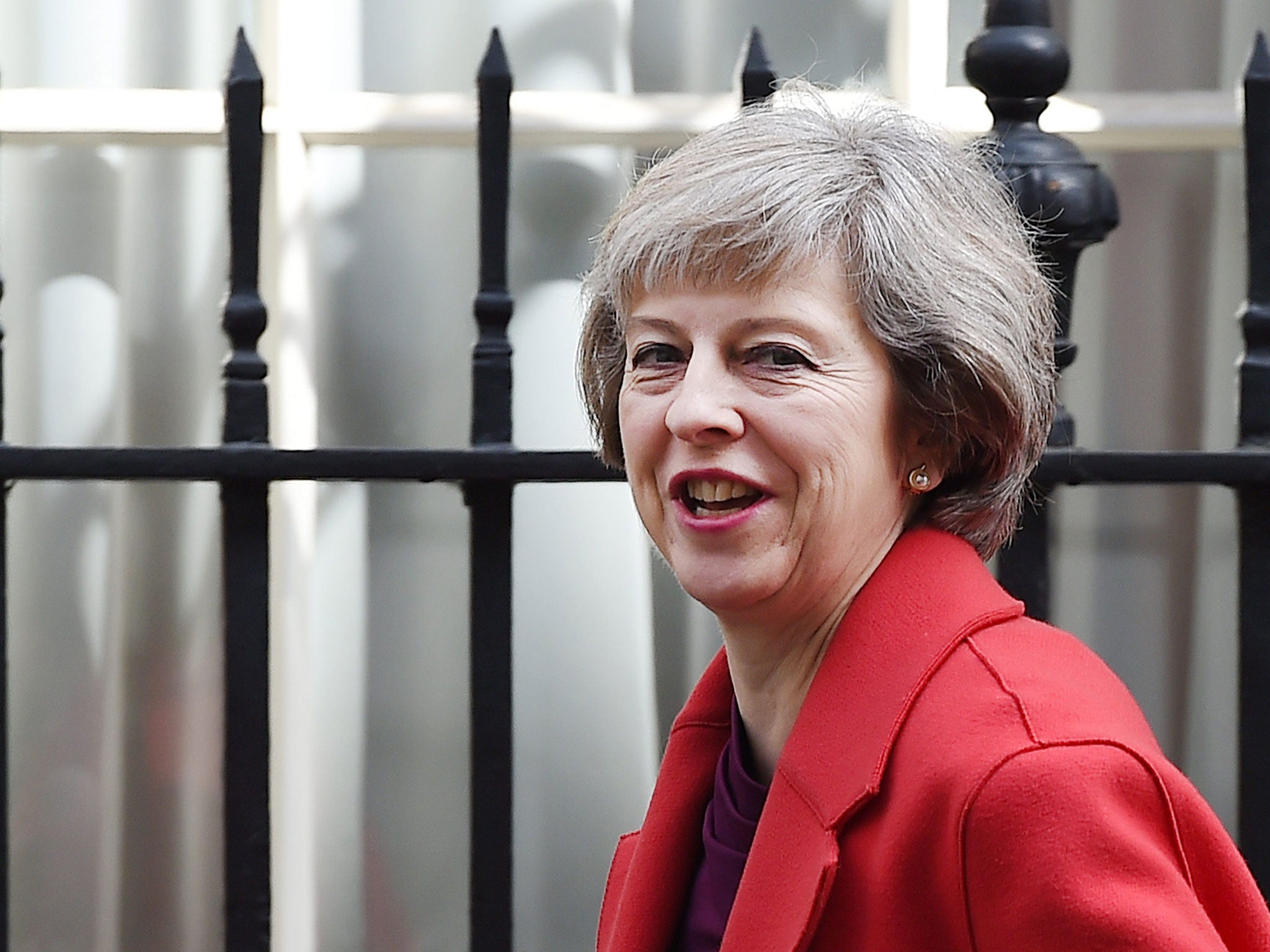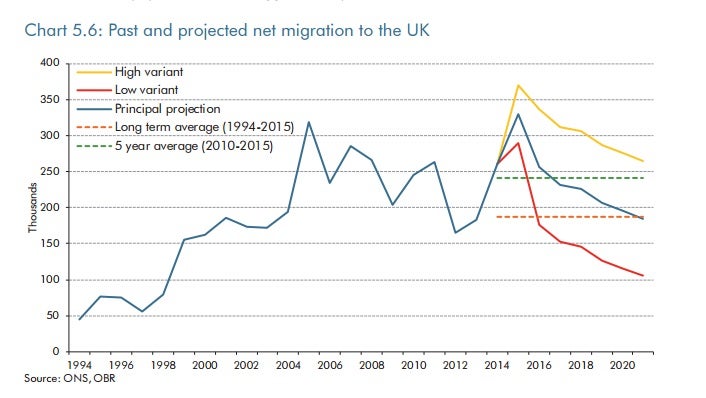Embarrassment for Cameron as key Treasury report exposes migration pledge failure
The fact the Government is making its pro-EU economic case on the basis of breaking a Conservative manifesto pledge is likely to be embarrassing for the Prime Minister, George Osborne and Home Secretary Theresa May.

Your support helps us to tell the story
From reproductive rights to climate change to Big Tech, The Independent is on the ground when the story is developing. Whether it's investigating the financials of Elon Musk's pro-Trump PAC or producing our latest documentary, 'The A Word', which shines a light on the American women fighting for reproductive rights, we know how important it is to parse out the facts from the messaging.
At such a critical moment in US history, we need reporters on the ground. Your donation allows us to keep sending journalists to speak to both sides of the story.
The Independent is trusted by Americans across the entire political spectrum. And unlike many other quality news outlets, we choose not to lock Americans out of our reporting and analysis with paywalls. We believe quality journalism should be available to everyone, paid for by those who can afford it.
Your support makes all the difference.The Treasury’s assessment on the economic impact of Brexit assumes that the Conservatives fail in their manifesto “ambition” to reduce immigration to the “tens of thousands” each year.
Under all the scenarios examined in today’s document – whether that is the UK quitting the EU or staying in – the Treasury’s model uses the net migration assumptions of the Office for Budget Responsibility.
And the OBR assumes that net migration (total immigration minus emigration) falls from 329,000 per year in 2014 towards 185,000 per year from 2021 onwards – still significantly above the 100,000 upper limit sought by the Conservatives.
In their manifesto last year, the Conservatives said that the party's long-standing ambition to cut net migration to tens of thousands a year “remains the right one”. The document said: “It is clearly going to take more time, more work and more difficult long-term decisions to achieve. Continuing this vital work will be our priority over the next five years."
The fact that the Government is making its pro-EU economic case on the basis of breaking a Conservative manifesto pledge is likely to be embarrassing for David Cameron, George Osborne and the Home Secretary Theresa May.
Jonathan Portes, a senior fellow at the National Institute of Economic and Social Research and an expert on migration, said the Treasury forecasts were flawed since they assume no changes in net immigration levels if the Leave campaign is victorious. “Given the centrality of immigration and free movement in the political debate on Brexit this is difficult to understand” he said.
One of the central goals of the Leave campaign has been to radically reduce the numbers of workers coming to the UK from the European Union – a policy currently forbidden by the EU treaties demanding freedom of movement for workers within the bloc.
The inclusion of this policy shift in the Brexit scenarios would almost certainly have made the forecast of the negative impact of Brexit even greater than the predicted 6 per cent of GDP shortfall by 2030. In March the OBR forecast that if all net immigration was halted immediately average annual GDP growth over the next five years would be 1.7 per cent, lower than the 2.1 per cent a year if net migration carried on at close to the current rate.
Justifying its decision not to model a cut on migration in the event of Brexit the Treasury suggested that the UK would probably have to accept the status quo on EU migration as the price of continued access to European markets. “No country has been able to agree significant access to the Single Market without having to accept …the free movement of people” it said.
In the year to September net migration to the UK was 323,000 according to the Office for National Statistics, slightly down from the record 336,000 in the year to June.
The first item on the Vote Leave website points out that: "More than a quarter of a million people came to the UK from the EU in the 12 months to September 2015 – the equivalent of a city the size of Plymouth or Newcastle in a year."

Join our commenting forum
Join thought-provoking conversations, follow other Independent readers and see their replies
Comments